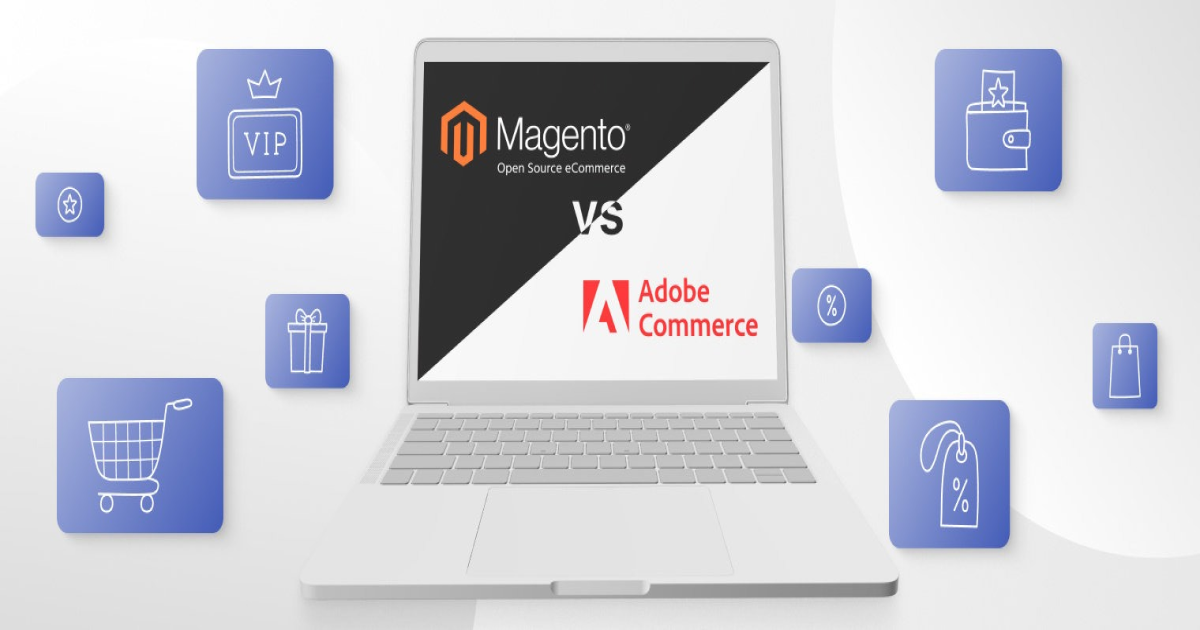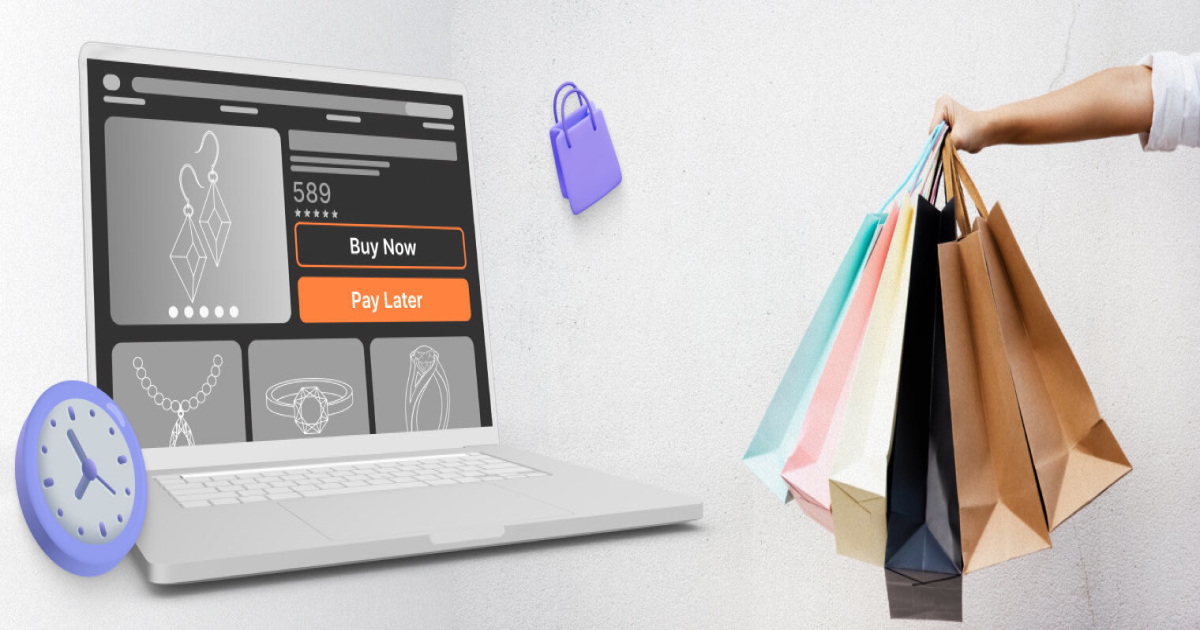The article was initially published in WebMeridian blog.
It seems like almost every other day, some company you don’t remember giving your details gets hacked, exposing customer data to bad actors. Customers want to feel safe in the age of buying almost everything online.
To combat the issue for eCommerce operators, Magento 2 security features are built right into the platform, with provisions for additive measures to prevent or mitigate the effects of information theft, malware attacks, data leaks, and illegal transactions.
As the technology improves, so does the sophistication of the hackers trying to compromise users. As such, developers and store owners with experience have developed some best practices which mitigate risk further.
With these tips, a store owner can ensure that their customers and operations are safer beyond what is intrinsically offered as part of the Magento built-in suite of security features.
Let’s dive in.
Magento Security Best Practices
So, what are Magento 2 security best practices all about?
Well, when it comes to safeguarding the modern eCommerce operation, hackers have so much surface area to attack. That is why we conduct Magento security checks, audits and have implemented a kind of guide on how things should be done to reduce security risks.
Armed with these Magento security tips, you can, as a store owner, go a long way to safeguard your business as a whole.
Alright, here we go!
1. Always Update To The Latest Version
We are now firmly in the age of Magento 2, and for some users, there is a fear that the latest version of Magento is not the best, given that new versions tend to come with their own bugs. However, that is a holdover fear from previous technologies.
We recommend always staying updated with the latest version as it uses independent modular services to deliver new functionality instead of messing with the core code. On top of that, the latest version always comes with security fixes for all flaws.
Stay updated on patch versions to ensure no known flaws can trip you up.
2. Get on the Two-Factor Authentication Wagon
Typically, attackers on the internet have to get into your backend to start mucking around. With Magento two-factor authentication, a user is required to have two types of authentication to prove they are the admin before accessing anything.
The first form is often a password, followed by a code that can be sent using email or SMS, an authenticator app, or a hardware token.
Even if someone somehow gets your Magento 2 platform password, they cannot log in without the second factor. That is how you protect yourself from keyloggers, unauthorized logins, data sniffing tools, and other threats.
3. Encrypt Your Connections (SSL/HTTPS)
Encrypting your connections is a great way to keep your eCommerce store safe from hackers. SSL certificates are small data files that connect your Magento store’s details to a security key.
After installation on a web server, they activate the padlock and Magento HTTPS protocol to power a secure connection from the server to the user browser.
Using encrypted connections is a great way to tell your customers you care about them and instill confidence when they see the padlock icon and HTTPS preceding your URL. Using encrypted connections is also a great way to stay compliant with PCI DSS, which requires SSL certificates for checkout pages.
4. Avoid Weak Passwords
People often recycle their passwords across multiple accounts or use simple passwords that are easy to crack. Strong passwords are often long, complex, unpredictable, and unique. As you may have seen on some websites encouraging users to create better passwords, they are often a mix of lowercase and uppercase letters, spaces, symbols, and numbers.
Security experts often warn that you should avoid using your birthday, address, name, words from the dictionary, or other everyday things that a hacker might guess or brute force.
A strong password can deter hackers who test Magento security across sites just to see who left their door unsecured.
5. Make Use of Magento reCAPTCHA
Gone are the days of CAPTCHA, where users must decipher distorted text, images, puzzles, or audio to get access. reCAPTCHA is the new version of that, developed by Google, that leverages advanced risk analysis techniques to tell human users and bots apart.
With Magento security checks powered by reCAPTCHA, you can use a variety of verification methods that include:
- I am not a robot- This checkbox lets users click ‘I am not a robot’ and select specific images to complete the challenge.
- Invisible badge- Users get automatic verification in the background without interaction but may have to select some images to complete the check.
- Verification using a score based on a Google algorithm requiring no interaction or challenge.
reCAPTCHA is more secure and accessible and offers a better user experience.
6. Change Your Admin Dashboard URL to Something Unique
On Magento, the default admin URL is /admin, which is easy to guess and susceptible to brute force tactics. A unique URL makes it harder for hackers and bots to find and access the admin panel.
Changing the URL admin to something more complicated and unpredictable can reduce the chances of Magento security breach that relies on the fact that many owners keep the default URL suffix.
You can change the admin URL from the admin panel by going to Stores > Configuration > Advanced > Admin > Admin Base URL and choosing custom admin URL or custom admin path.
7. Make Sure Your Site is Backed Up Regularly
You can almost guarantee that you never get hacked, lose data, corrupt data, or fall victim to human errors when using Magento. However, the probability is never zero, so backing up your site regularly is vital.
Backing up Magento 2 can help you recover files, databases, and media without losing essential functionalities or information. To backup, you can download your site data using an FTP client and back them up in our account.
You can also use your phpMyAdmin to export the stored database and always be ready to bounce back in case of anything.
8. Leverage Firewall to Prevent MySQL Injection
A firewall is a great way to prevent MySQL injection in Magento. The primary function is to block malicious requests that try to execute SQL commands on the Magento database. MySQL injection is a technique where hackers insert or modify SQL queries to alter, destroy, or access data they should not be accessing.
With such tools, attackers can breach your data, steal it, use the information to commit fraud, and cause other damage to your store and its reputation. A firewall can prevent MySQL injection in Magento by:
- Turning down requests that have suspicious characters or patterns.
- Analyzing requests to find known signatures or indicators of MySQL injection attacks like SQL keywords, error messages, or database names.
- Implementing a white- or blacklist of allowed or rejected Ips, URLs, or domains.
- Logging and reporting attempted or successful MySQL injection attacks for investigation and action.
9. Beef Up Security With Magento Security Extensions
Magento security extensions are patches released separately from the main platform that most e-store owners use to build out functionalities that enhance security, including:
- Spam Killer- This extension blocks spam bots and prevents them from submitting forms on your site.
- MegaFirewall Security- The extension blocks multiple kinds of online assaults, including cross-site scripting, brute force attacks, and SQL injection.
- Two-Factor Authentication- this extension adds an extra layer of security to an admin login by requiring two factors that make it much harder for attackers to breach your admin dashboard.
You can learn more about Magento 2 security patches from the online store that offers them, as well as installation guides and more details in GitHub repositories.
10. Run The Magento Scan Tool
Magento store owners can use the Magento scan tool as part of their security best practices to run regular scans for monitoring their sites for threats, malware, and security risks. Using these scan results and appropriate actions to fix flaws, store owners can ensure they are always up-to-date and secure.
The Magento 2 security scan tool has a checklist that you can follow for tips to harden and protect the site from online threats.
11. Leverage The Expertise Of A Magento Security Audit Service
One of the best ways to identify security gaps is by hiring the services of a Magento security audit service. These experts help store owners find out what is wrong with their stores and recommend the best way to bridge them.
With the service, the store owners can get benefits that include:
- The Magento security audit can check which version you are running, patches, known vulnerabilities, admin access best practices, admin user permissions, PCI compliance, payment methods security, brute force protection, DDoS protection, and more.
- The audit can give you details on the security status of your website and a list of recommendations from a certified engineer on how to fill in existing gaps and protect the store.
The audit gives you ways to prevent data breaches, hacker attacks, legal issues, malware infections, financial losses, and more.
A security audit is a great way to identify gaps and fill them to prevent hackers from exploiting them.
Prevent and Mitigate Security Issues With An Audit And Best Practices
Staying secure in the modern world is a task that requires you as a store owner to not just find the most reliable platform with the latest technologies but also go the extra mile to ensure that all gaps are covered.
While you cannot prevent everything bad, think of how devastated your business would be if you lost or corrupted a ton of data but did not keep a backup. With a backup, you have continuity and will only lose time.
We call the tips we have discussed ‘best practices’ since they represent the best advice you can make a part of your Magento store owner’s standard operating procedure at any given time. Over time, these have emerged as some of the most common sense actions to see through and maintain to give your store the best chances of surviving the modern cyber threat landscape and flourishing despite the security challenges.
To cap it all off, we at WebMeridian offer Magento security auditing services, which is a great way to find and address any security issues. Come talk to us about your security posture and find out what we can do to help make it better!





